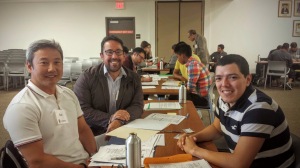April 24, 2018
Content Warning: Sexual Assault
We want to take a moment to talk about an uncomfortable issue: sexual assault. In the last year we’ve witnessed unprecedented bravery as more and more survivors of sexual assault and harassment come forward to say #MeToo and confront their abusers. The recent groundswell of survivors who have been empowered to share their stories is both historic and encouraging, but unfortunately it is still not nearly enough.
That’s why we want to encourage you to take part in Denim Day 2018.
Those of us who work with survivors every day know that, despite our current cultural moment, the vast majority of people victimized by sexual assault never come forward. By the DOJ’s Bureau of Justice Statistics’ most recent estimate, over 77% of all sexual assaults go unreported. This low rate of reporting is rooted in the harsh reality that, for many survivors of sexual assault, reporting an incident can be as traumatic as the incident itself. There are countless stories of survivors who have been stigmatized, discredited, and blamed for what happened to them after bringing their stories to light. One of them is the story that inspired the global Denim Day movement.

Image Credit: Peace Over Violence
In 1992, an 18-year-old driving student in Southern Italy was raped by her instructor on a secluded mountain road. The physical evidence was clear, and Italian police initially won a quick conviction against the instructor. However, after years of appeals, the student was re-victimized by the Italian Supreme Court when they let her rapist go free. In overturning the conviction, the court found that the victim must have consented to the sexual conduct because she was wearing tight jeans. Ignoring mounds of physical evidence and testimony otherwise, the court absurdly found that no attacker could have wrestled a pair of tight jeans off his victim without the victim’s help and consent. In that moment, Italy’s Supreme Court made the mere act of wearing denim a legal invitation to get assaulted – but Italy’s female lawmakers immediately struck back in protest by wearing jeans to Parliament.
Since the 1999 “Denim Defense” ruling and protests, Denim Day has been an annual protest against the ridiculous and harmful – but all too common – perception that a victim’s clothes, demeanor, or history can invite sexual assault. Here in California, Peace Over Violence (one of OneJustice’s partner organizations) has spearheaded the Denim Day movement by encouraging people to wear jeans with a purpose on the last Wednesday of April. The simple act of wearing denim on Denim Day has become a powerful reminder that there is never an excuse or invitation to rape.
Joining the Denim Day movement is not just a way to bring the conversation around sexual assault to your friends and colleagues: it is a strong symbol of solidarity. By wearing jeans with a purpose on April 25th, you are signaling to the silenced survivors around you that they can come forward with your support. Though it might seem like a small gesture, that kind of positive reinforcement can make all the difference.
OneJustice believes that the support and advocacy for these survivors does not begin or end on Denim Day; nor should we only be discussing the impacts of sexual assault during the month of April, which is also Sexual Assault Awareness Month. We must always hold survivors in our hearts. In collaboration with our community partners in Los Angeles, we are honored to help survivors of domestic violence and sexual assault navigate the complexities of our civil justice system and find legal solutions to some of the problems they encounter every day. We look to you – our colleagues, friends, and supporters – to consider the ways in which you can support survivors. That includes providing them with the resources and legal services they need to find their voice and move forward in their lives with safety and security.
With that in mind, we hope you will join us for Denim Day 2018, learn more about the event here, and register your participation with Peace Over Violence. And if you’re interested in getting involved with IMPACT LA, our collaborative legal services program for survivors of domestic violence and sexual assault, contact OneJustice Staff Attorney Michael Palzes at mpzales@one-justice.org.
Together, we can dispel the disgusting myth that any survivor of sexual assault was ever “asking for it.” And together, we can support survivors today, and every day.
– The OneJustice Team








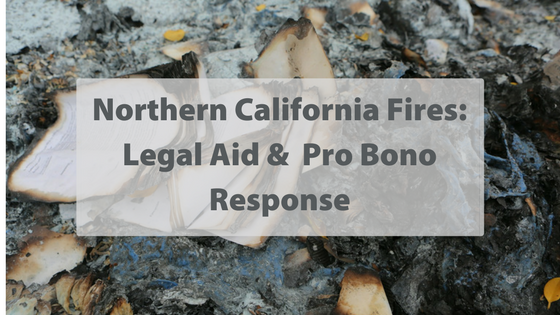





















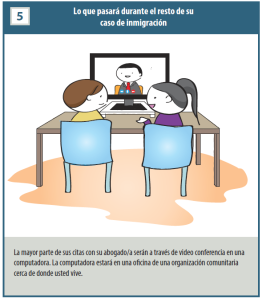
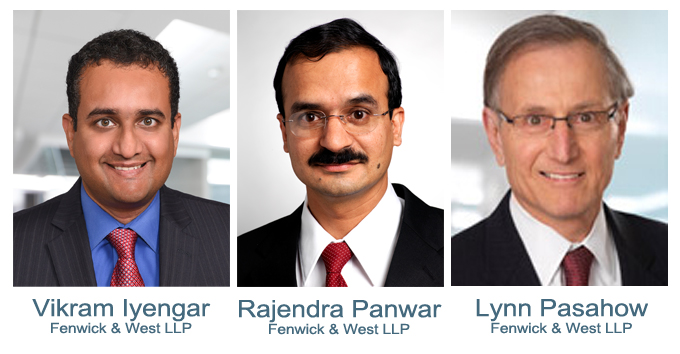
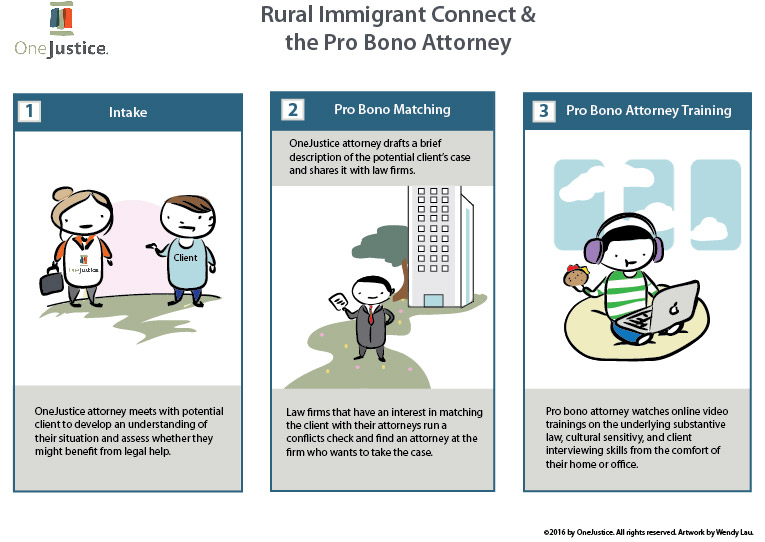
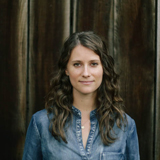 Renée Schomp is an Equal Justice Works Fellow sponsored by Fenwick & West LLP and Staff Attorney at OneJustice. She currently spearheads the Rural Immigrant Connect project in California’s Central Valley.
Renée Schomp is an Equal Justice Works Fellow sponsored by Fenwick & West LLP and Staff Attorney at OneJustice. She currently spearheads the Rural Immigrant Connect project in California’s Central Valley.
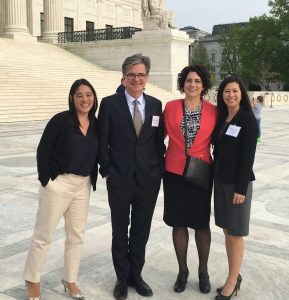
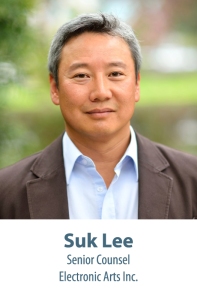 Thank you for joining us, Suk! Tell us, what does “justice” mean to you?
Thank you for joining us, Suk! Tell us, what does “justice” mean to you?